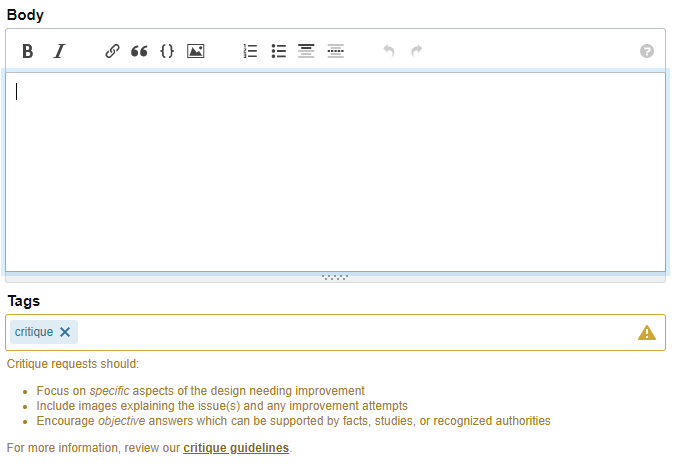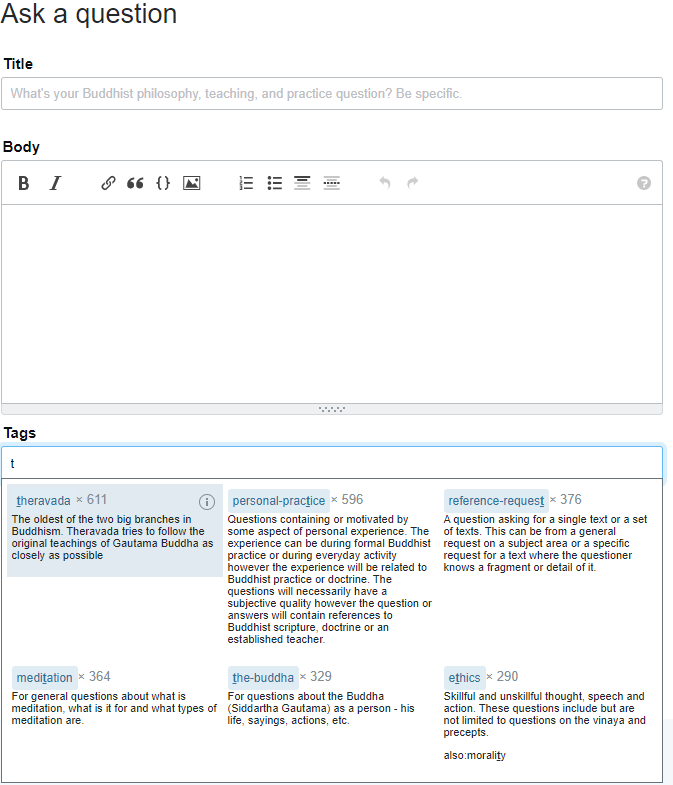My understanding of the tag wiki is not to provide an encyclopedic entry for the tag, but to provide more detailed help on when this tag is appropriate to be used. Wikipedia obviously cannot provide that.
For example, consider a tag unicorn-horn, with the tag description
Questions about the horn at the head of the unicorn. Questions about the use of unicorn horns as magical items should use the alicorn tag instead.
The following would IMHO be a good tag wiki:
The unicorn horn is the single horn found at the head of an unicorn.
This tag is about questions that concern the horn of the living unicorn. On-topic topics for this tag include the evolution of the horn, the use of the horn by the unicorn, or what happens with the horn when an unicorn deceases.
This tag should not be used for questions about the use by humans of unicorn horns, of of substances made out of or with the help of unicorn horns. For that purpose, the alicorn tag exists.
Ethical questions on obtaining unicorn horns for human use may be on-topic for this tag, if they focus on the effect on the unicorns. Otherwise, ethical questions about uses of unicorn horns should use the alicorn tag.
Questions usually should use only one of the two tags.
Note that this tag wiki does not tell you much about unicorn horns (just enough for you to decide whether what you are talking about really is the unicorn horn), but a lot about in what cases the tag should and should not be used.

